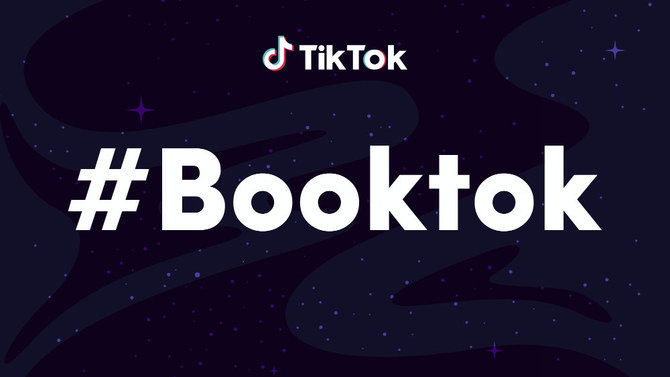DUBAI: TikTok has partnered with Al-Sharqiya Book Fair in Saudi Arabia, which begins on March 2, to bring #BookTok, a popular literary trend on the platform, into the real world.
The trend took off a few years ago when users of the video-sharing platform began posting about their favorite books using the hashtag. In Saudi Arabia alone, TikTok said there have been more 442 million views of #BookTok videos in the past six months.
Many authors and publishers have reported significant increases in sales of certain books after they were featured on TikTok. The trend is so popular that many online and brick-and-mortar bookstores have introduced dedicated #BookTok sections featuring books that have generated discussion on the platform.
Literary fairs such as the one in Al-Sharqiya are “highly relevant to TikTok’s #BookTok community” as they provide the opportunity for “real-world interactions … to complement the digital experience of TikTok,” the platform said.
As part of the partnership, TikTok has set up a dedicated landing page featuring content highlighting #BookTok creators appearing at Al-Sharqiya Book Fair, including author talks, book reviews, literary discussions, and information about the event itself.
The fair, which runs from March 2 to 11 and is organized under the umbrella of the Saudi Ministry of Culture, is the first literary event of its type held in the Eastern Region of the Kingdom.



























